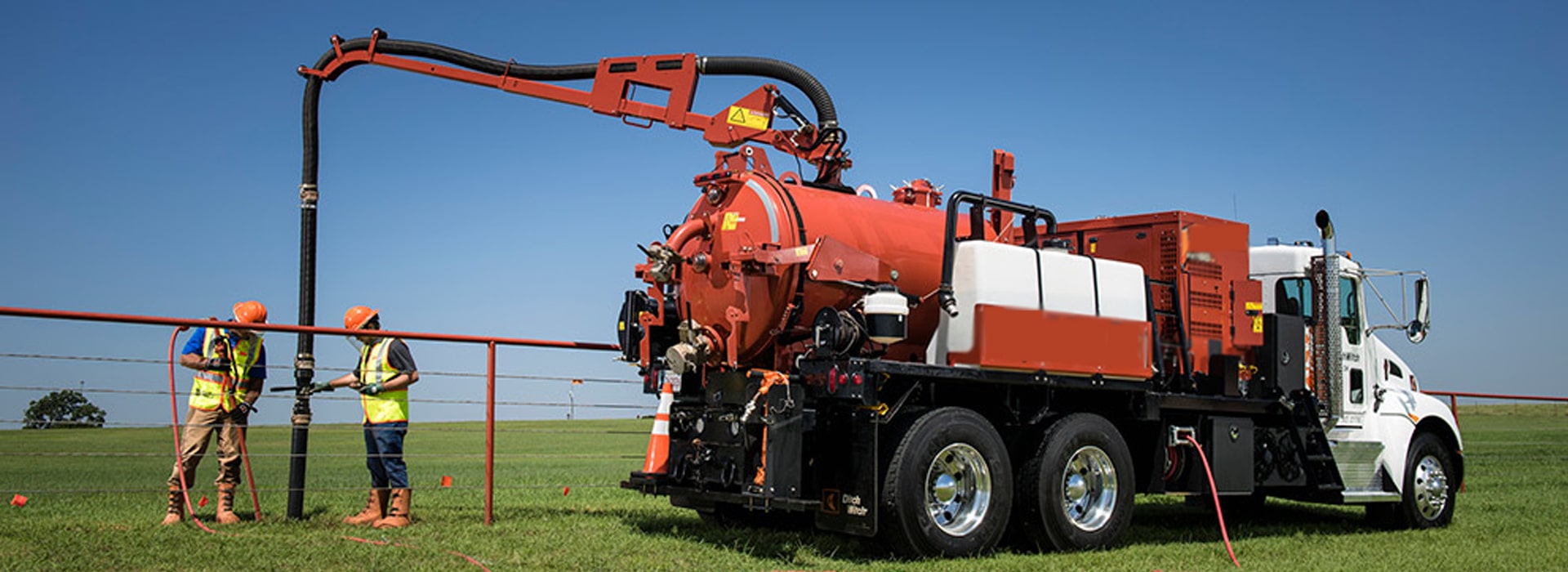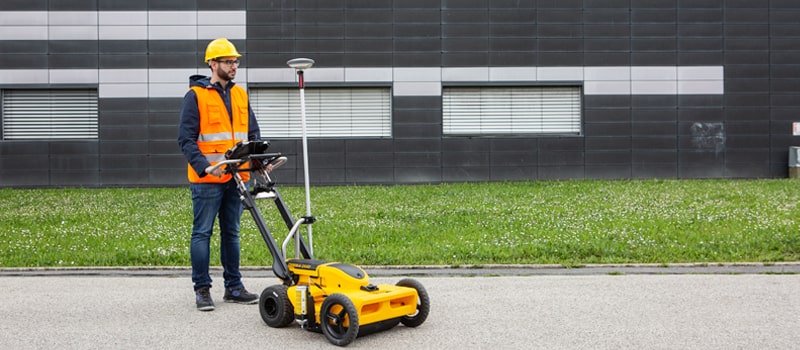A vacuum excavation process has many different uses and applications, but it’s important to remember that not all vacuum excavation jobs are created equal. Some jobs require the use of an experienced vacuum excavation expert, while others can be handled by any company with the right equipment and experience in general excavation methods. Whether you need to hire a vacuum excavation expert or not depends on the particular job you’re working on, so here are some things to consider before you choose whether or not to hire a specialist.

When Can You Use Vacuum Excavation?
What kind of excavation project calls for vacuum excavation? It all depends on what you’re looking to do. If you need to get rid of asbestos, then vacuum excavation may be your best bet—the EPA classifies it as a non-destructive method of asbestos abatement. This process involves sucking up contaminated materials and transporting them to an offsite disposal location. Be sure to work with professionals who are certified following local and state regulations, as there are strict codes that must be followed during any asbestos abatement procedure. Another reason why professional vacuuming might come in handy: vandals have been known to pour gasoline into underground tanks and blow them up with TNT, which can cause contamination in nearby soil.
How Does a Vacuum Excavator Work?
Vacuum excavators work in much the same way as other types of heavy construction equipment: they’re used to break down and move large quantities of material. There are two main things that separate vacuum excavators from other construction machines, however: how they get their power and how they dig. While most machines rely on diesel or gasoline engines to generate power, vacuum excavators run primarily on electricity generated by in-truck generators. And while most machines use buckets to break up the earth and remove it, vacuum excavators have blowers that suck up loose soil through an extension tube and suck down solid rock through a hollow cutting head.
Advantages of Using Vacuum Excavators?
When it comes to removing large amounts of earth and other materials efficiently, there are few better options than vacuum excavation. Unlike some methods of excavation that require ripping apart roads and other property, vacuum excavation can be used to remove large quantities of material without causing any damage to nearby structures. The material will be removed from wherever it’s located – even if that means deep within a manhole or sewer tunnel – then disposed of so it doesn’t become an issue later on. Not only is vacuuming far less disruptive than many other forms of excavation, but it also leads to safer situations for everyone involved in the project. If you’re looking for construction projects in Denver or elsewhere in Colorado, look no further than Desert Excavating & Paving!
How to Use a Vacuum Excavator Correctly
The Right Way to Use a Vacuum Excavator Correctly Is Important for Safety and Quality: Tractor-pulled vacuum excavation is an increasingly common way to dig hard soil in a place where old-fashioned power equipment may damage your driveway or home. To make sure you’re getting good service, you must understand how to use one correctly. Here are some pointers

The Importance of Safety Equipment
When excavating, it’s important to follow all safety protocols. One mistake can be devastating, as contractors who work with heavy machinery know all too well. By taking extra care and using protective gear, you can prevent injury—and expensive accidents from occurring. Here are just a few of your options for safe excavation On-site Protection: Anyone working on a project needs to wear durable shoes that protect against damage caused by tools or falling objects. Furthermore, hearing protection protects your ears from potential damage caused by loud equipment. Always wear eye protection when on-site; not only will it help avoid temporary blindness but also significantly reduce overall injuries caused by flying debris in case of an accident. The industry standard includes goggles, face shields, and earmuffs. Respiratory protection is also recommended when dealing with harmful materials or particles (read: dirt). Small particulates will have an easier time entering your respiratory system without proper coverage—which can quickly lead to illness if left untreated long enough!
How to avoid accidents when digging with a vacuum excavator
When you are hiring a company to dig, you must understand your potential risks. Accidents can happen even if you’re hiring professionals, but there are some precautionary measures you can take. When using heavy machinery like vacuum excavators, you need to keep certain things in mind to ensure your safety. Here are three of them What steps must be taken before digging begins? Digging out dirt isn’t dangerous as long as you know what you’re doing. But it does involve physically demanding work and for most people, digging will lead to some sort of physical fatigue or exhaustion. Fatigue may cause accidents; therefore, anyone involved should avoid being overly tired when digging occurs—not only do they increase their risk of injury, they might accidentally make mistakes that could have been avoided otherwise.


